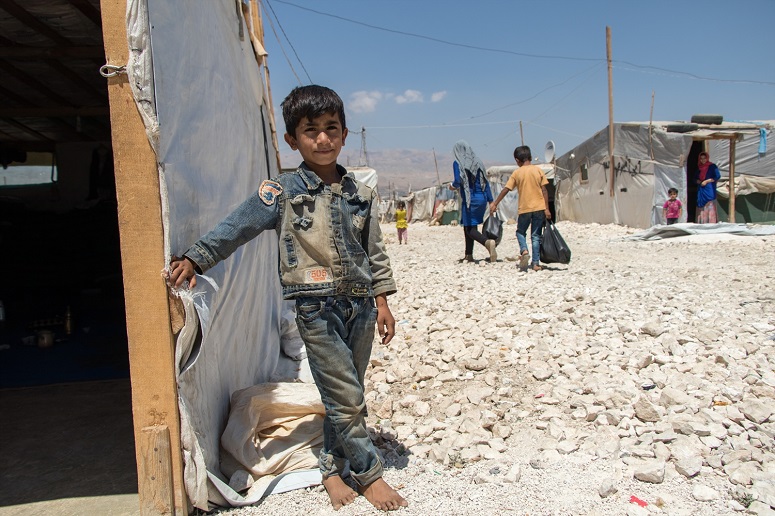
More people are currently displaced through conflict and persecution than at any time since the Second World War.
According to the Global Trends report, published by the UN Refugee Agency (UNHCR), 65.6 million people were forcibly displaced at the end of 2016.
The report noted that the number of refugee returns in 2016 increased from recent years. However, this took place “often in less than ideal conditions”. It found that 552,200 refugees returned to their countries of origin – more than double the number from the previous year. It added that most returned to Afghanistan – some 384,000.
The European Evangelical Alliance last week voiced concern that converts from Islam to Christianity could be at risk if they were forcibly sent home to countries where Christians experienced repression, and included Afghanistan among the countries where they had such concerns.
The top three refugee-producing countries in 2016 were Syria (5.5 million), Afghanistan (2.5 million) and South Sudan (1.4 million). Many from the latter are in Uganda, which registered the greatest number of refugees in 2016: it also received many refugees from the Democratic Republic of the Congo.
There were 64,700 newly recognised refugees from Nigeria, which has been terrorised by the Boko Haram insurgency in the north and Fulani militia violence in the Middle Belt.
Eritrea remained the ninth-largest country of origin for refugees, with 459,400 at the end of 2016. Many are Evangelical Christians targeted by the country’s ultra-repressive government.
For Refugee Week (19-25 June), the European Evangelical Alliance has produced a Refugee Church Pack, available in English, Dutch, French, German and Italian, to encourage Christians to engage with the refugees on their doorsteps.